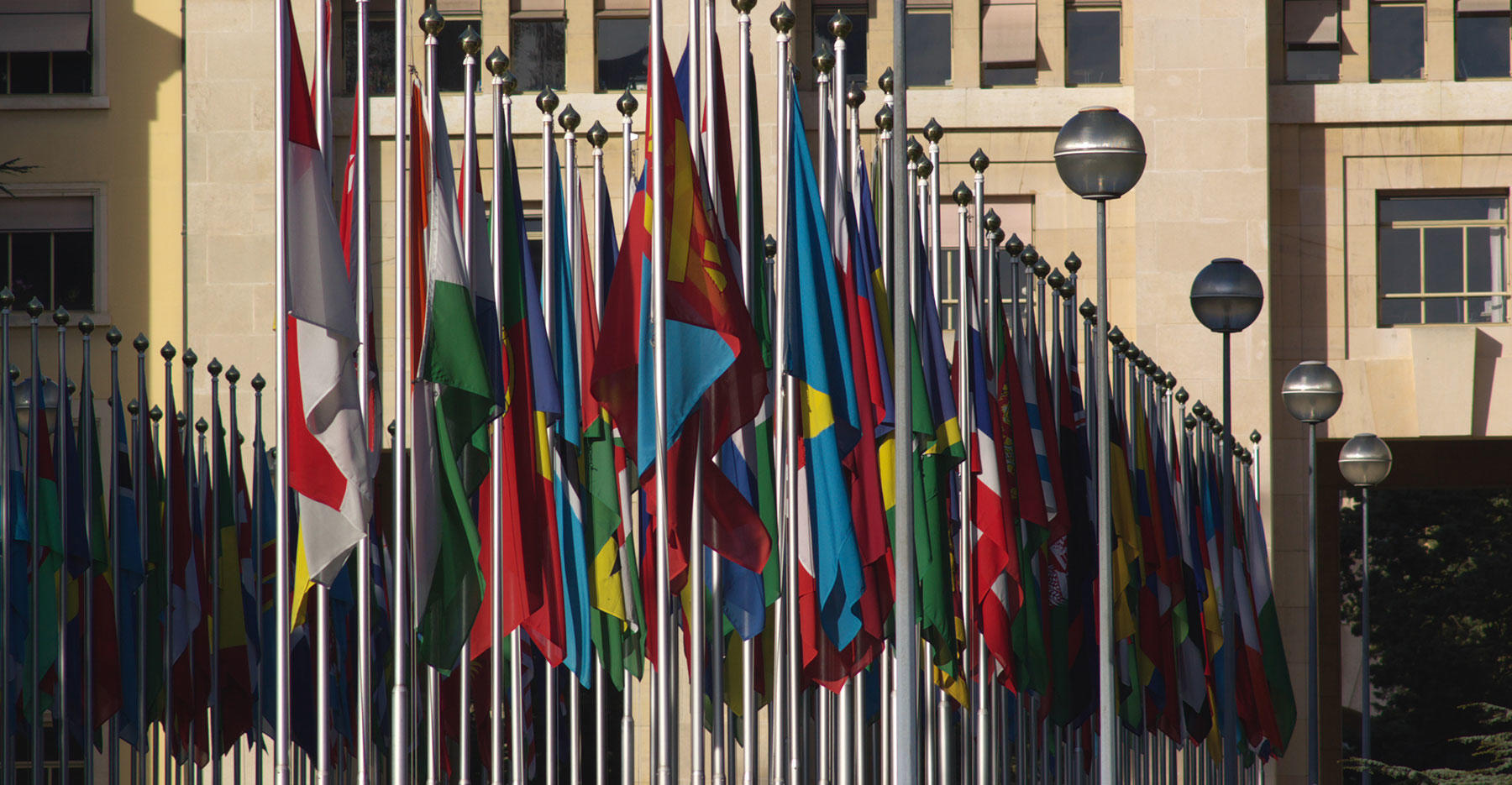Dr. Paul Stott (SOAS) speaking during EFSAS side-event at the 37th Session of the UNHRC
13-03-2018, Geneva
Dr. Paul Stott, author of various books on Jihadism, lecturer at the University of Leicester and in the Centre for International Studies and Diplomacy at SOAS, University of London spoke on the history of Jihadism and the British and South Asian Nexus and explained the historical basis for the growth of radicalization and how both Britain and the Indian Subcontinent have been cross-fertilized by particular Islamist and Jihadist actors across various decades. He began his speech indicated that Terrorism in the modern era, despite popular belief, did not start with 9/11, but could be attributed to Mrs. Margaret Thatcher’s visit to Pakistan and her meeting with General Zia-ul-Haq in 1981, which was seen by both countries as an endorsement of Zia, while Pakistan was going through a process of ongoing Islamization and the consequences for UK became only visible with the impetus of the struggle in Afghanistan given to Sunni armed insurgent groups. He emphasized that it is not only about British nationals going out to the Indian Subcontinent and joining such groups, but about people from Pakistan, particularly clerics coming to the UK and recruiting for Jihad. In his speech, he further gave examples of the 1993 UK speaking tour of Masood Azhar of Harkat ul-Ansar. He said that the consequences of this Pakistan-UK Jihadist connection became visible quite quickly – in 1994, Omar Saeed Sheikh, a British National became involved in kidnappings of British tourists in New Delhi, then afterwards in 1995, Hafiz Saeed held a speaking tour across UK mosques, Islamic centers and universities, inciting students to fight in Indian Administered Jammu & Kashmir and find salvation.
Dr. Paul Stott speaking during EFSAS Side-event at the 37th Session of the UNHRC



